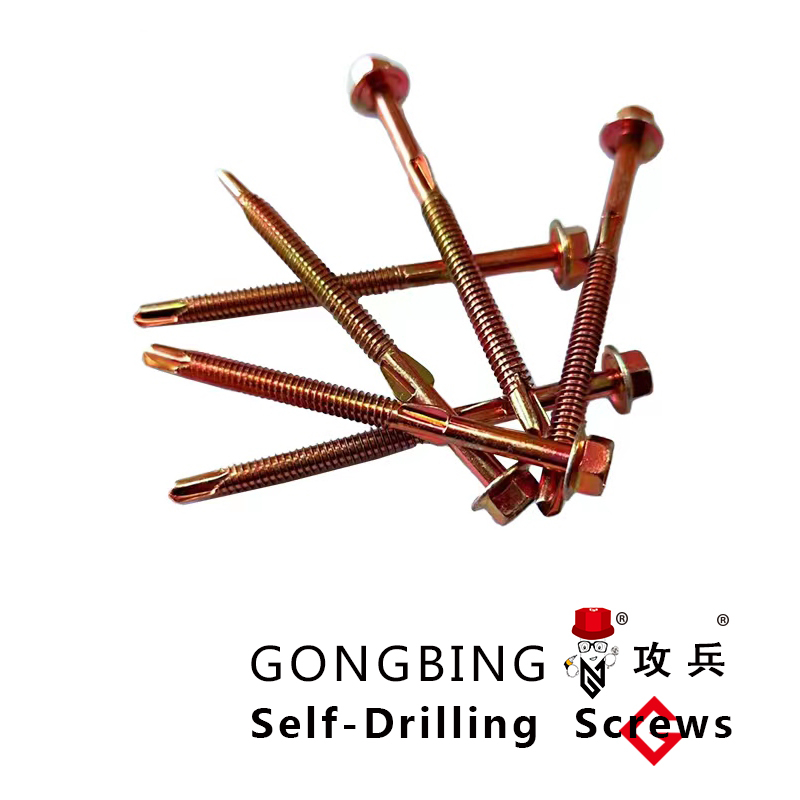foundation bolt sizes
Understanding Foundation Bolt Sizes A Comprehensive Guide
Foundation bolts play a vital role in the construction of buildings and structures, serving as critical components for anchoring structures to their foundations. Given their importance, understanding the various sizes, types, and applications of foundation bolts is essential for engineers, architects, and builders. In this article, we will explore the different sizes of foundation bolts, their specifications, and how to select the right size for various projects.
What are Foundation Bolts?
Foundation bolts are steel rods or bolts that are embedded in concrete foundations to secure structural elements like columns, machinery, or other equipment. They provide stability and resistance against lateral forces, such as wind and seismic activity. Typically made from carbon steel for strength, foundation bolts come in various sizes and configurations depending on the specific requirements of a project.
Common Sizes of Foundation Bolts
Foundation bolts are available in a plethora of sizes, usually determined by the diameter and length. The most common sizes are categorized as follows
- Diameter Foundation bolts can range from 1/2 inch to over 2 inches in diameter, with sizes specified in both imperial and metric systems. Standard diameters such as 3/4 inch, 1 inch, and 1-1/4 inch are frequently used for most construction projects. - Length The length of foundation bolts can also vary widely, often ranging from a few inches to several feet long. The required length depends on the thickness of the concrete foundation and the specific structural needs.
- Shape and Configuration While many foundation bolts are straight, there are also custom shapes such as L-shaped, J-shaped, and T-shaped bolts. These custom shapes may be necessary for specific anchoring requirements in a structure.
Material Specifications
foundation bolt sizes

The most commonly used material for foundation bolts is carbon steel; however, the bolts can also be made from stainless steel or other alloys for enhanced resistance to corrosion. Foundation bolts are often treated with coatings, such as hot-dip galvanization, to provide additional protection against environmental factors.
When selecting bolt sizes, it’s crucial to consider not only the dimensions but also the grade of steel. The American Society for Testing and Materials (ASTM) provides several grading systems for steel bolts, ensuring that the selected bolts can bear the necessary loads without failing.
Factors to Consider When Choosing Foundation Bolt Sizes
1. Load Requirements The primary consideration when selecting foundation bolt sizes is the load that the bolts need to bear. This includes both static loads (permanent loads like the weight of the structure) and dynamic loads (temporary loads such as wind or seismic activity).
2. Foundation Type The type of foundation also plays a significant role in determining the size of foundation bolts. Shallow foundations may require different bolt sizes compared to deep foundations, each designed to handle the unique loads and stresses they experience.
3. Building Codes and Standards Compliance with local building codes is crucial when choosing foundation bolt sizes. These codes will outline the minimum size, grade, and configuration requirements for foundation bolts based on regional conditions and structural types.
4. Corrosion Resistance In regions with high moisture or chemical exposure, it’s essential to consider corrosion resistance. Opting for stainless steel or galvanized bolts can ensure longevity and structural integrity.
Conclusion
Foundation bolts are integral to ensuring the stability and safety of structures. Understanding the various sizes, configurations, and material specifications can significantly enhance the effectiveness of these fasteners in anchoring buildings and infrastructures. By considering load requirements, foundation types, and adherence to building codes, engineers and builders can select the appropriate foundation bolt sizes for their projects. As construction practices evolve, continual education and awareness of foundation bolt standards remain vital for the successful execution of any construction endeavor.
-
Weatherproof Plastic Expansion Anchors for OutdoorNewsJun.06,2025
-
Sustainability in the Supply Chain: Eco-Friendly TEK Screws ProductionNewsJun.06,2025
-
Load-Bearing Capacity of External Insulation FixingsNewsJun.06,2025
-
Double Head Bolts: Enhancing Efficiency in Industrial MachineryNewsJun.06,2025
-
Corrosion Resistance in Chipboard Screws: Coatings for Wholesale DurabilityNewsJun.06,2025
-
Butterfly Toggle Bolts : Enhancing Structural ResilienceNewsJun.06,2025
